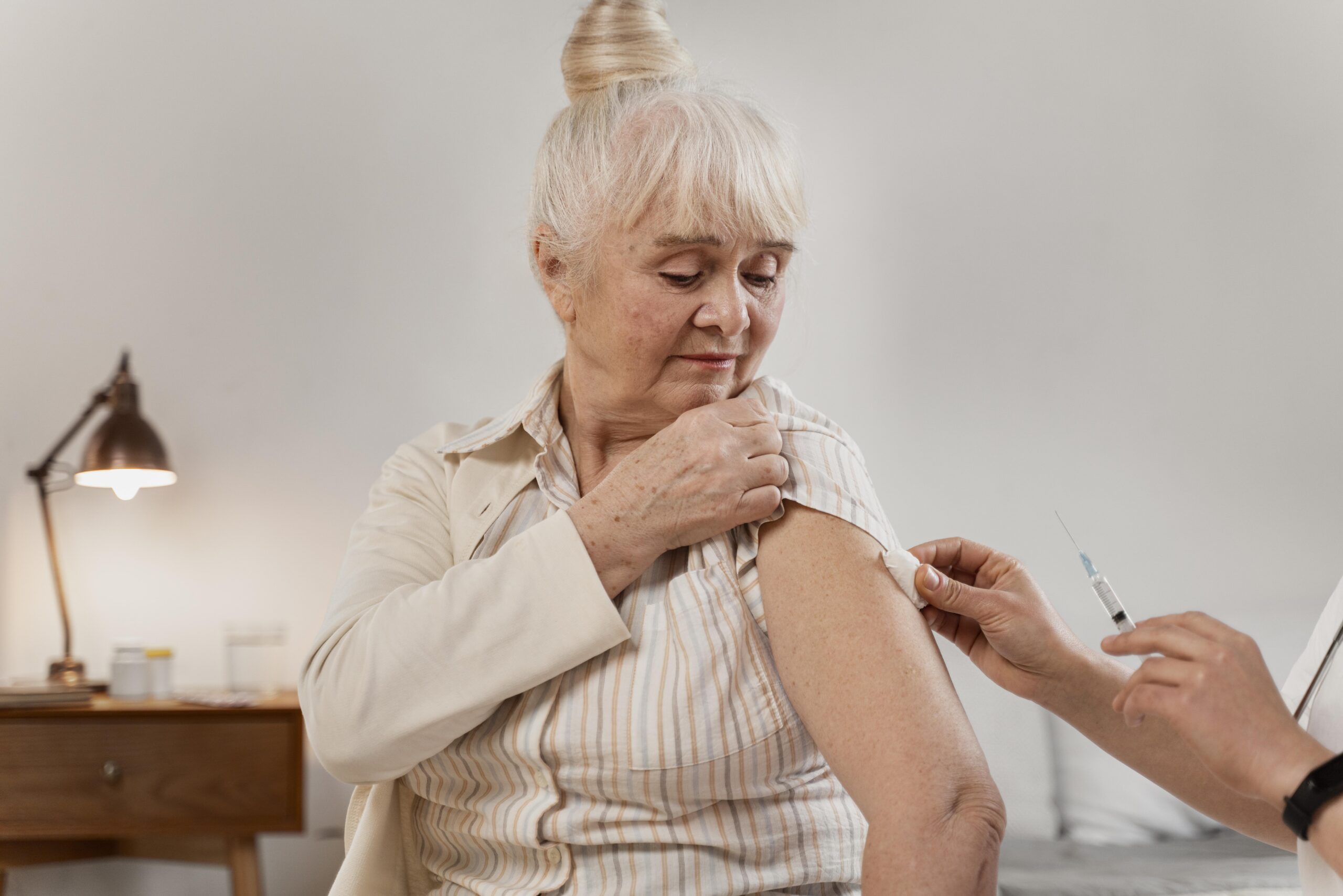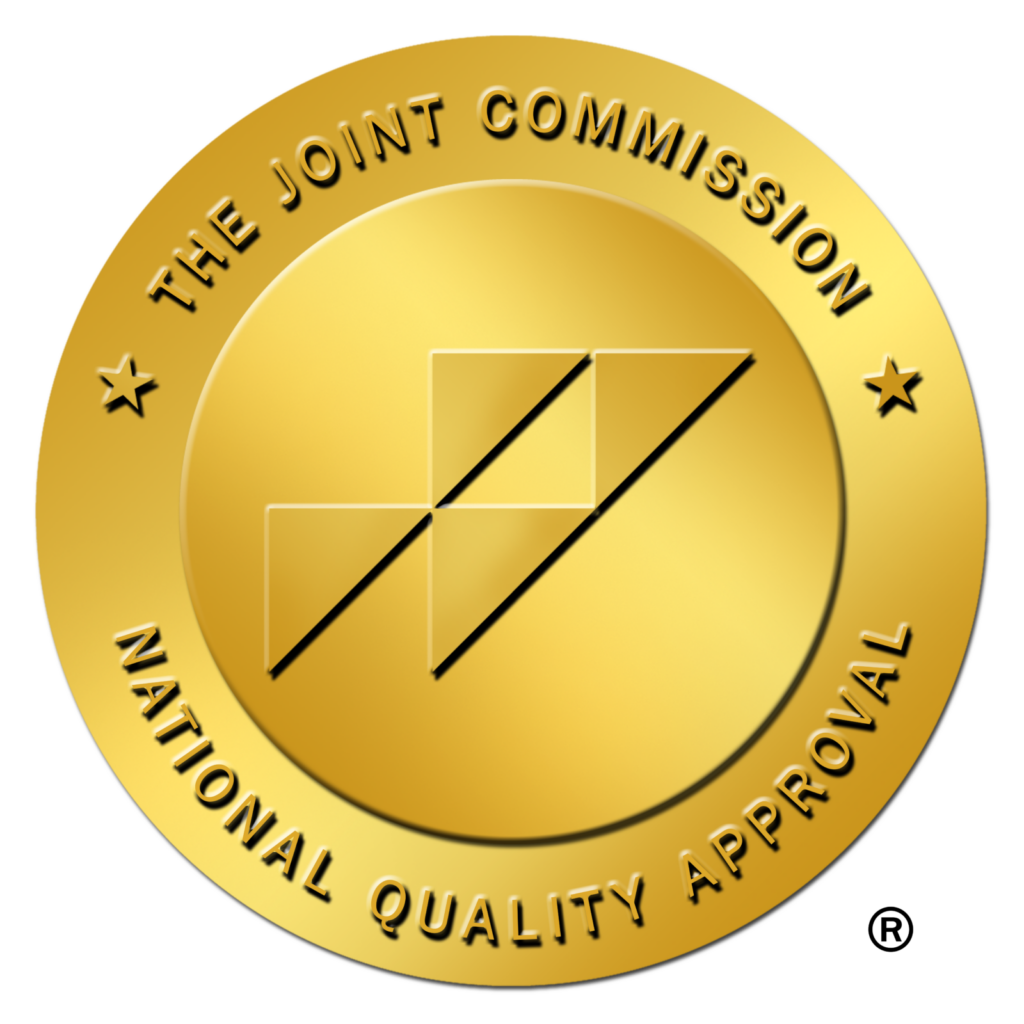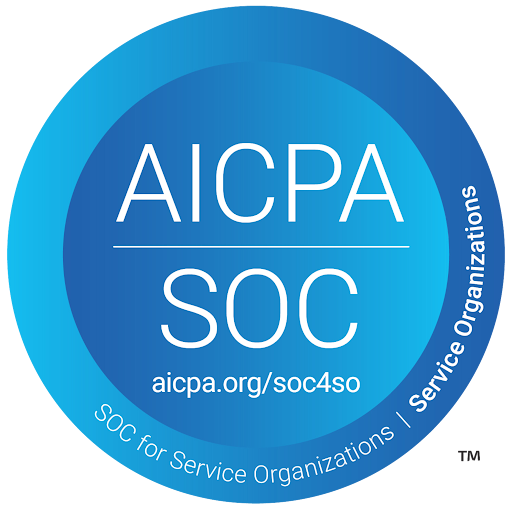Taking care of a loved one can be a rewarding experience, but it can also be challenging, stressful, and exhausting. Caregiver burnout is a real and common issue that can affect anyone, regardless of their age, gender, or relationship to the care recipient. Fortunately, there are ways to prevent and address burnout, and NPR’s Lifekit episode on the topic offers valuable insights and advice
Saluting NPR's Lifekit
We salute NPR’s Lifekit for tackling this important and often overlooked topic. The episode features interviews with experts and caregivers who share their experiences, challenges, and strategies for preventing and managing burnout. The episode highlights the importance of self-care, support, and communication in preventing and addressing burnout.
Key Takeaways
- Caregiver burnout is a real and common issue that can affect anyone.
- Burnout can have physical, emotional, and cognitive symptoms, such as fatigue, anxiety, depression, and forgetfulness.
- Burnout can affect not only the caregiver but also the care recipient and their relationship.
- Prevention is key, and it involves self-care, support, and communication.
- Self-care includes taking breaks, exercising, eating well, sleeping enough, and seeking professional help if needed.
- Support includes reaching out to family, friends, support groups, and respite care services.
- Communication includes setting boundaries, delegating tasks, and expressing feelings and needs.
Preventing Burnout
Preventing burnout starts with self-awareness and self-care. Caregivers should pay attention to their physical, emotional, and cognitive symptoms and take steps to address them. This can involve taking breaks, practicing relaxation techniques, engaging in hobbies, and seeking professional help if needed. Caregivers should also prioritize their own health by eating well, exercising regularly, and sleeping enough. Finally, caregivers should not hesitate to ask for and accept help from family, friends, support groups, and respite care services.
Addressing Burnout
Addressing burnout is also important, as it can affect not only the caregiver but also the care recipient and their relationship. Caregivers should seek professional help if they experience severe or persistent symptoms of burnout, such as depression, anxiety, or substance abuse. Caregivers should also communicate with their loved ones and healthcare providers about their needs, feelings, and limitations. Setting boundaries, delegating tasks, and seeking respite care services can also help caregivers recharge and prevent burnout.
You’re Not Being Selfish
Remember, taking care of yourself as a caregiver is not selfish, it’s necessary. By following the tips we’ve shared, you can start to prevent and address caregiver burnout, and ultimately, become an even better caregiver for your loved one. So, take a deep breath, maybe indulge in a piece of chocolate or a quick cat video break, and then make that appointment with one of our compassionate and knowledgeable doctors at Isaac Health. Together, we can make sure that you continue to provide the best care possible for your loved one, while also taking care of yourself. After all, caring for others starts with caring for yourself, right? Take a break, recharge, and come back stronger.
Sources
- NPR’s Lifekit episode on caregiver burnout: https://www.npr.org/transcripts/1157494002
- Mayo Clinic’s article on caregiver stress: https://www.mayoclinic.org/healthy-lifestyle/stress-management/in-depth/caregiver-stress/art-20044784
- American Psychological Association’s article on caregiver stress: https://www.apa.org/pi/about/publications/caregivers/practice-settings/assessment/tools/stress
- Caregiver Action Network’s article on caregiver burnout: https://caregiveraction.org/resources/10-tips-family-caregivers-preventing-caregiver-burnout
- AARP’s article on caregiver burnout: https://www.aarp.org/caregiving/life-balance/info-2019/caregiver-burnout.html
- National Institute on Aging’s article on caregiver stress and depression: https://www.nia.nih.gov/health/caregiving/stress-and-depression-caregivers
- Family Caregiver Alliance’s article on caregiver stress and burnout: https://www.caregiver.org/caregiver-health-symptoms-stress-and-burnout








